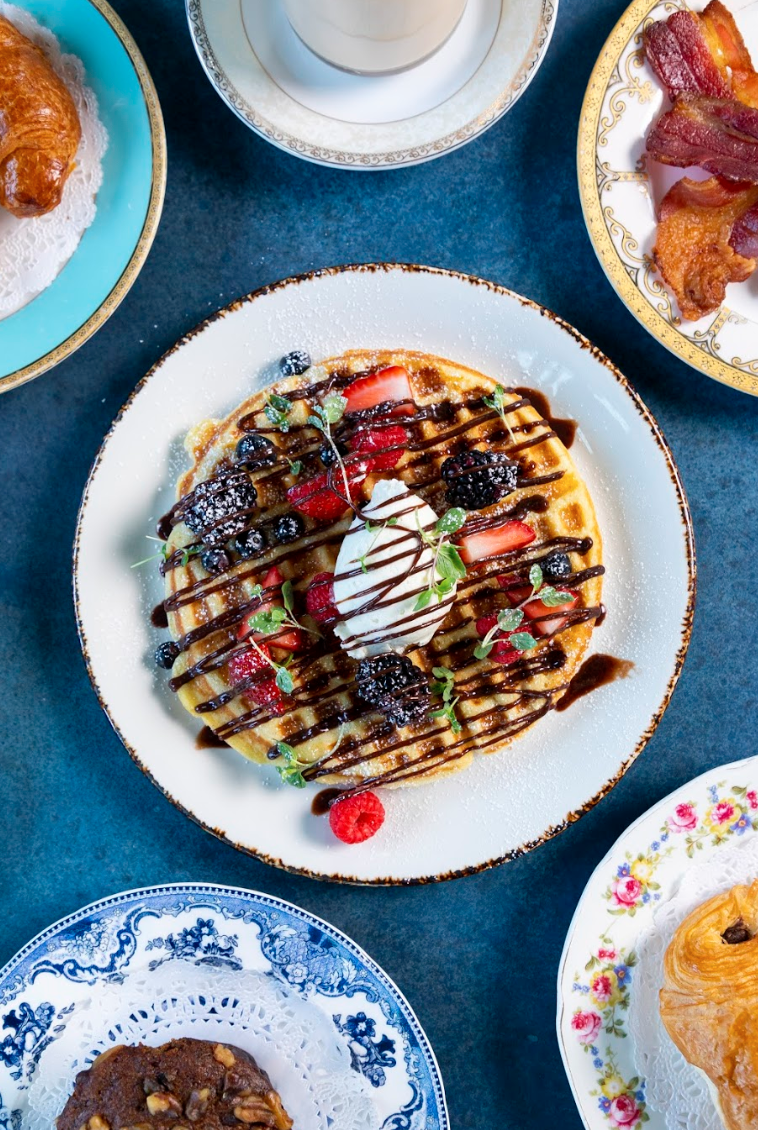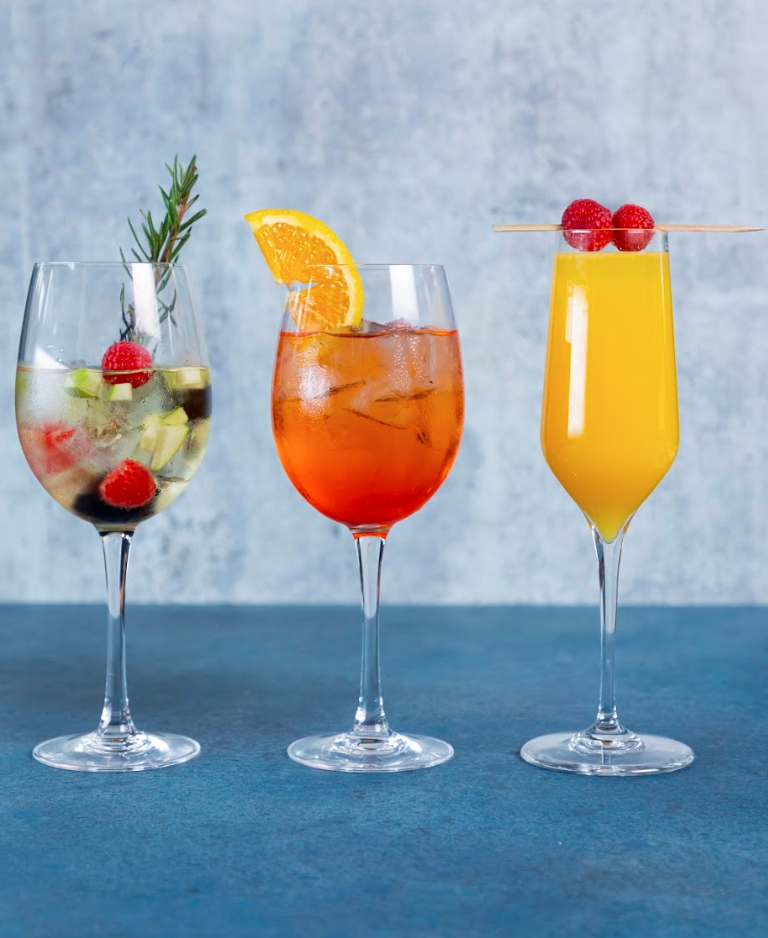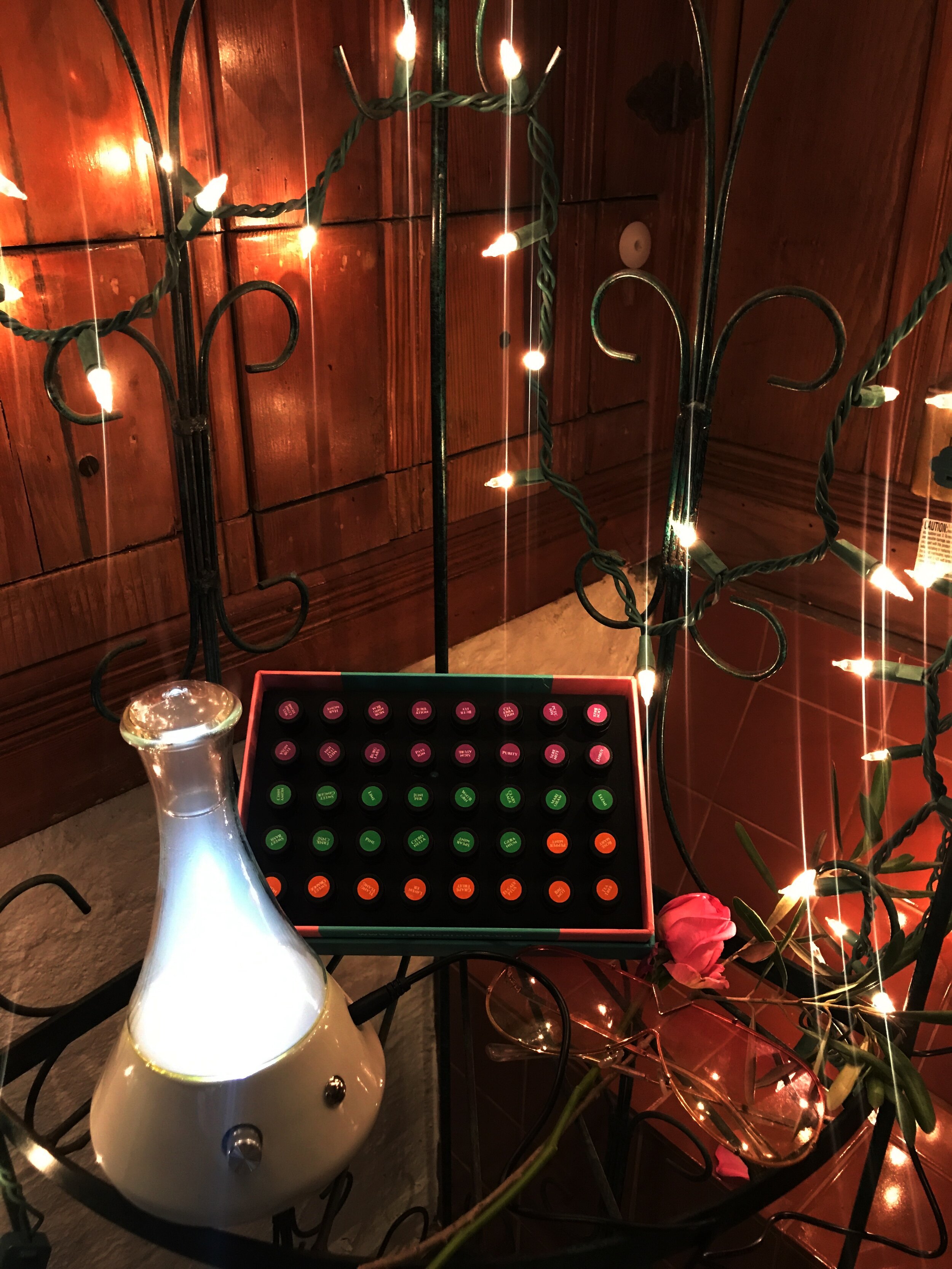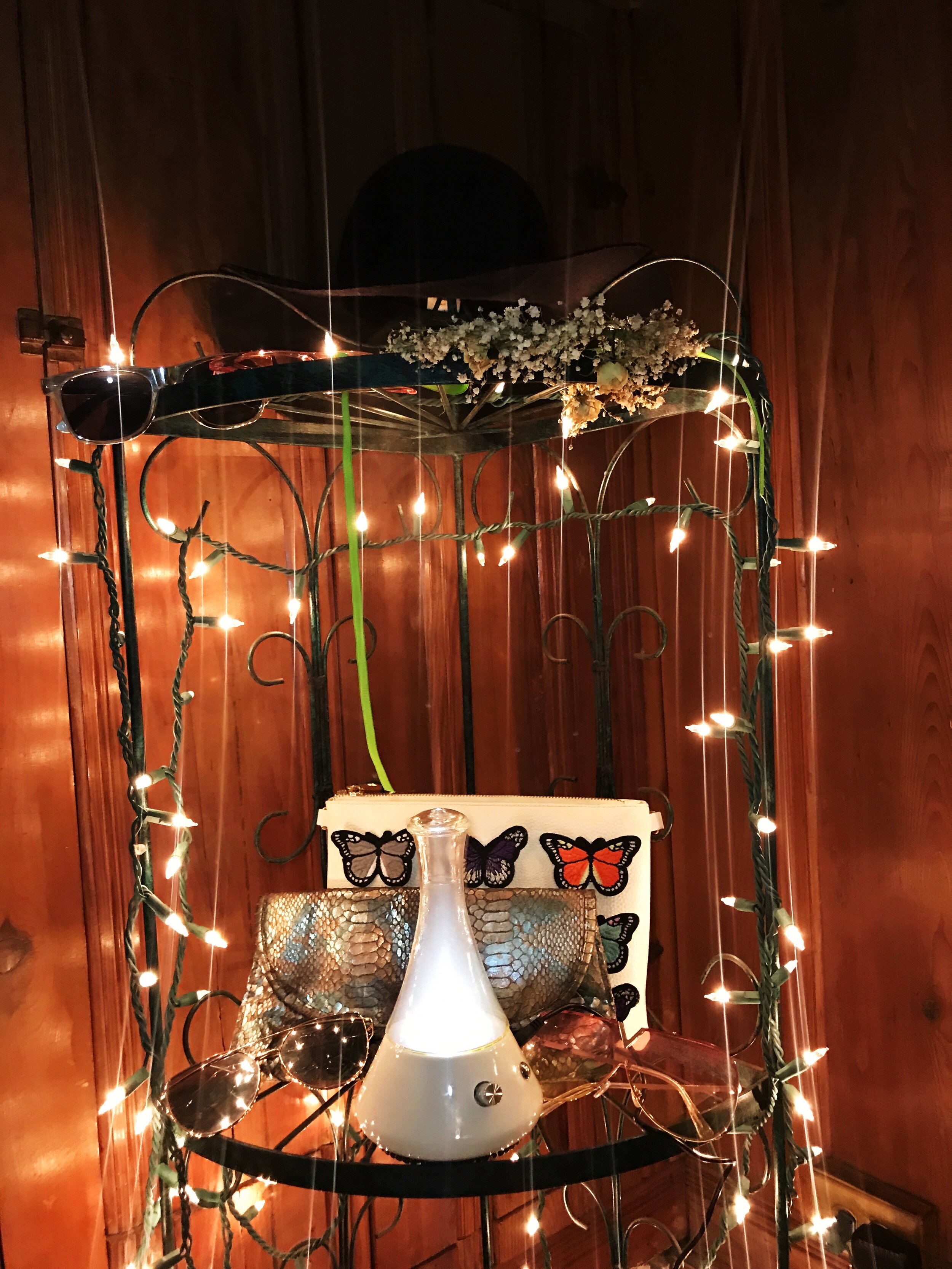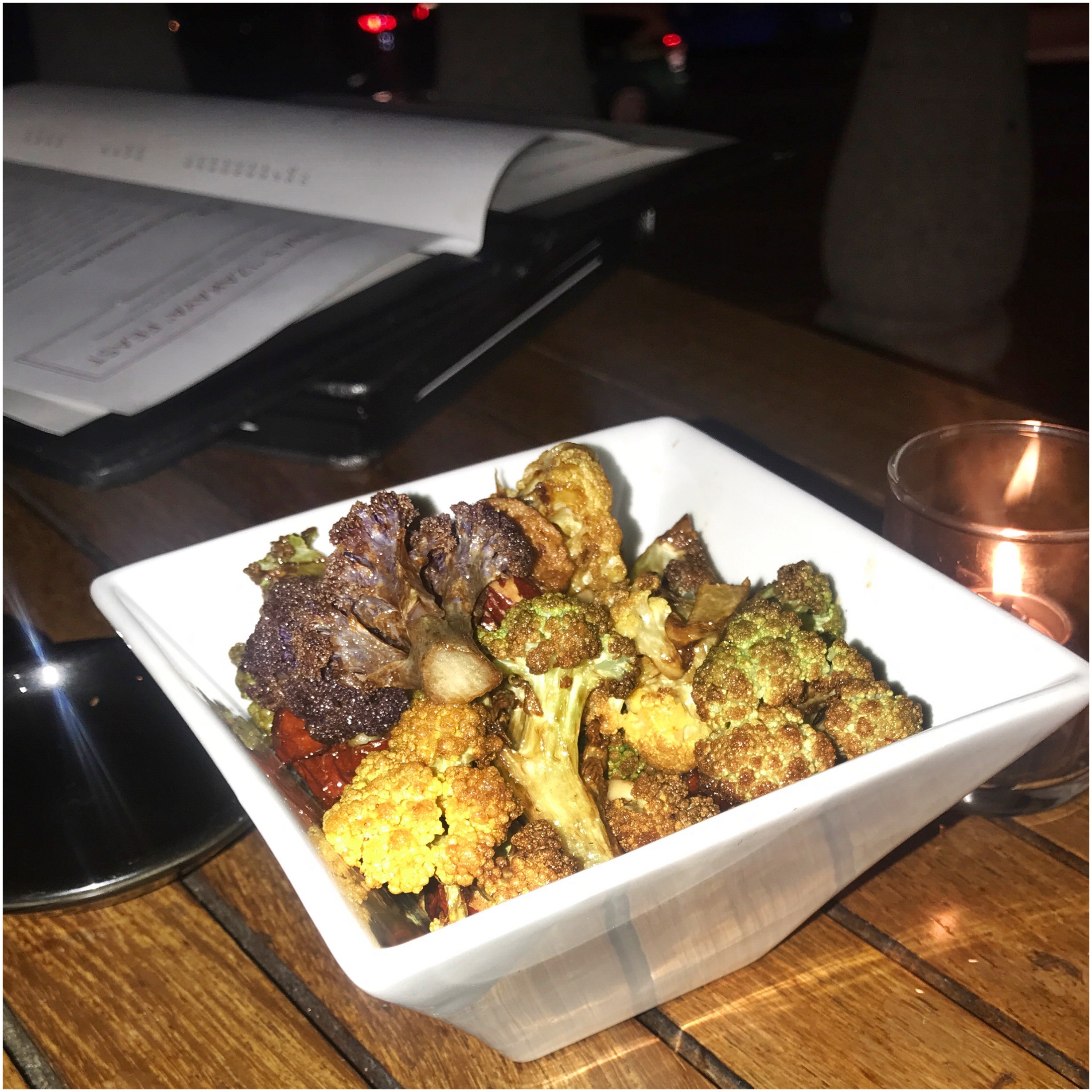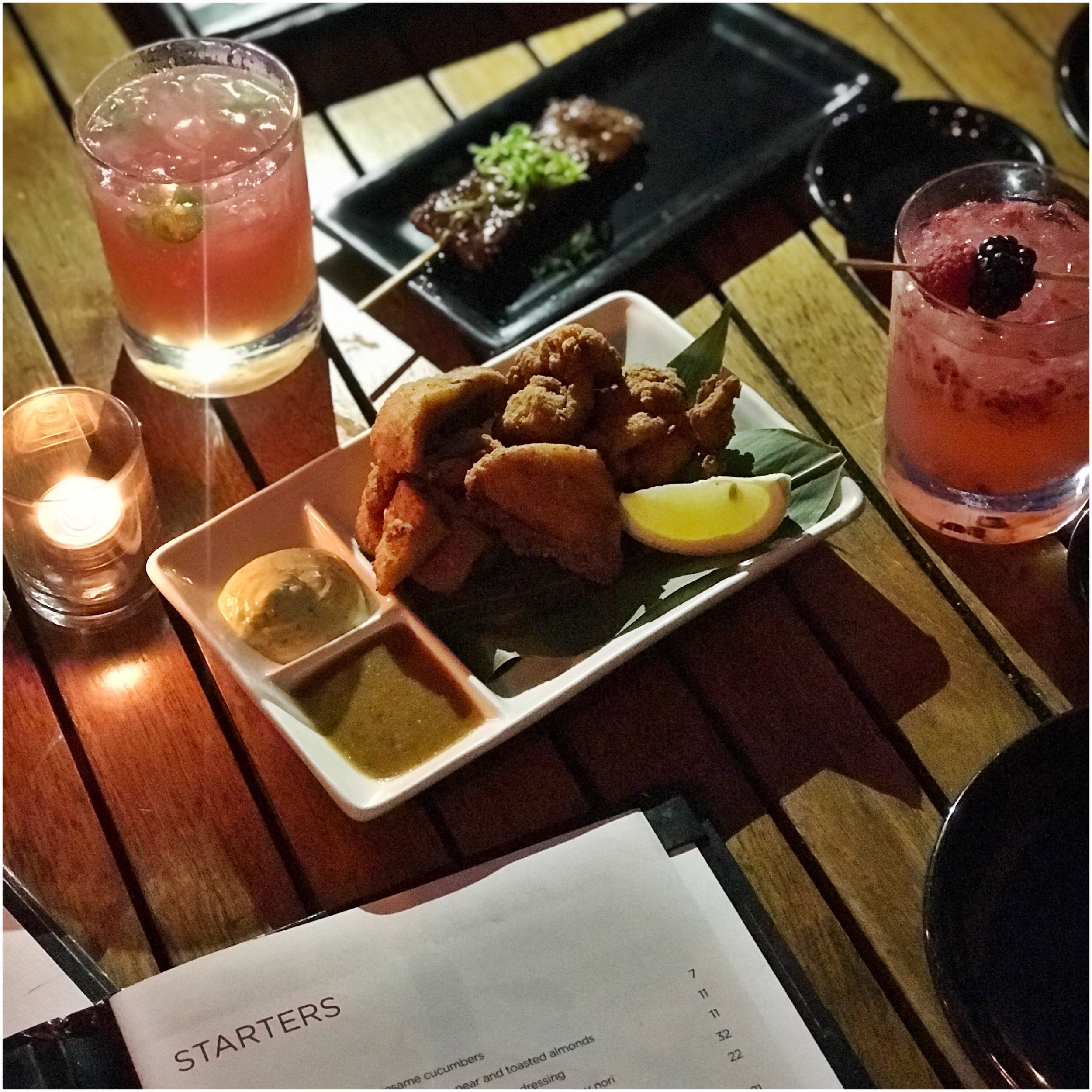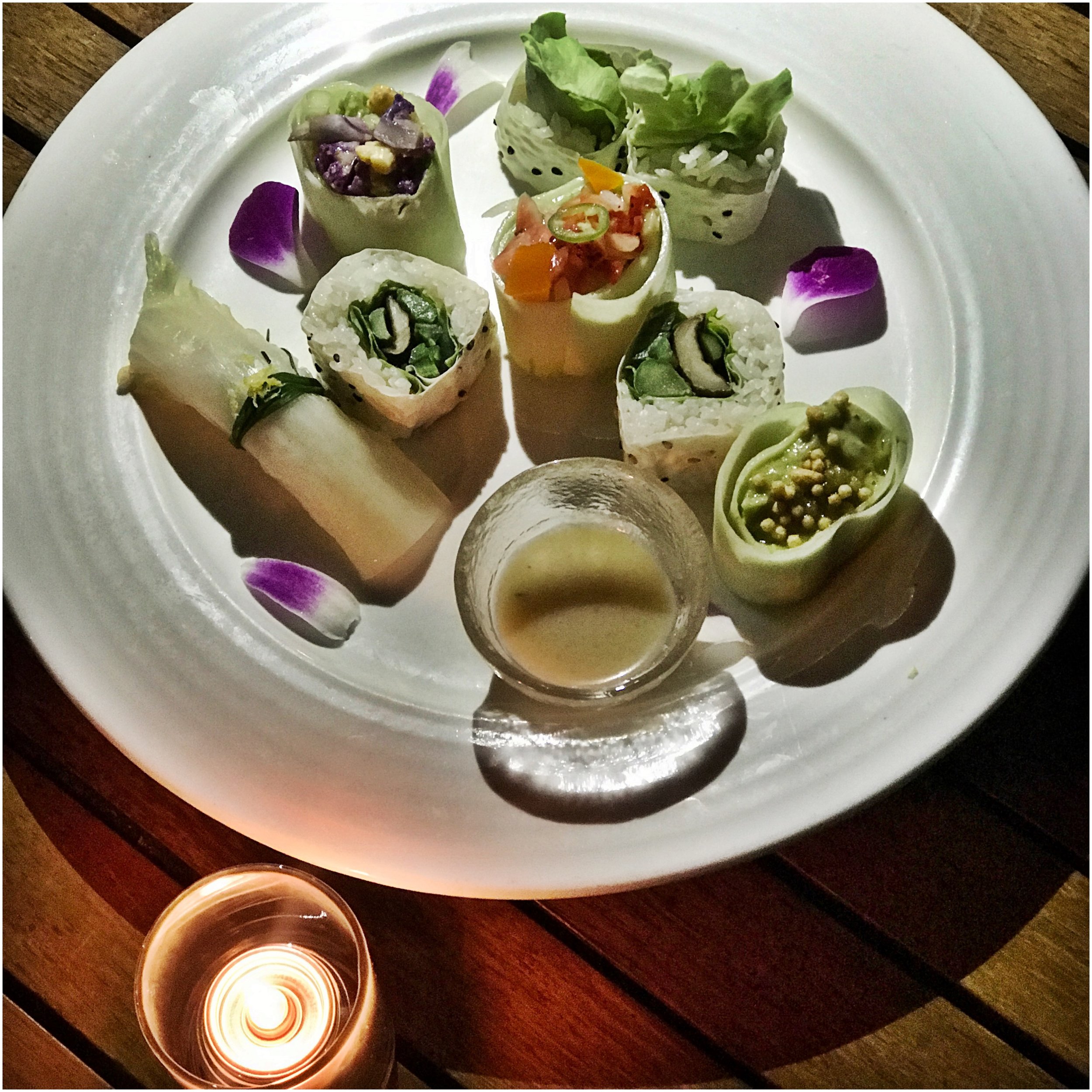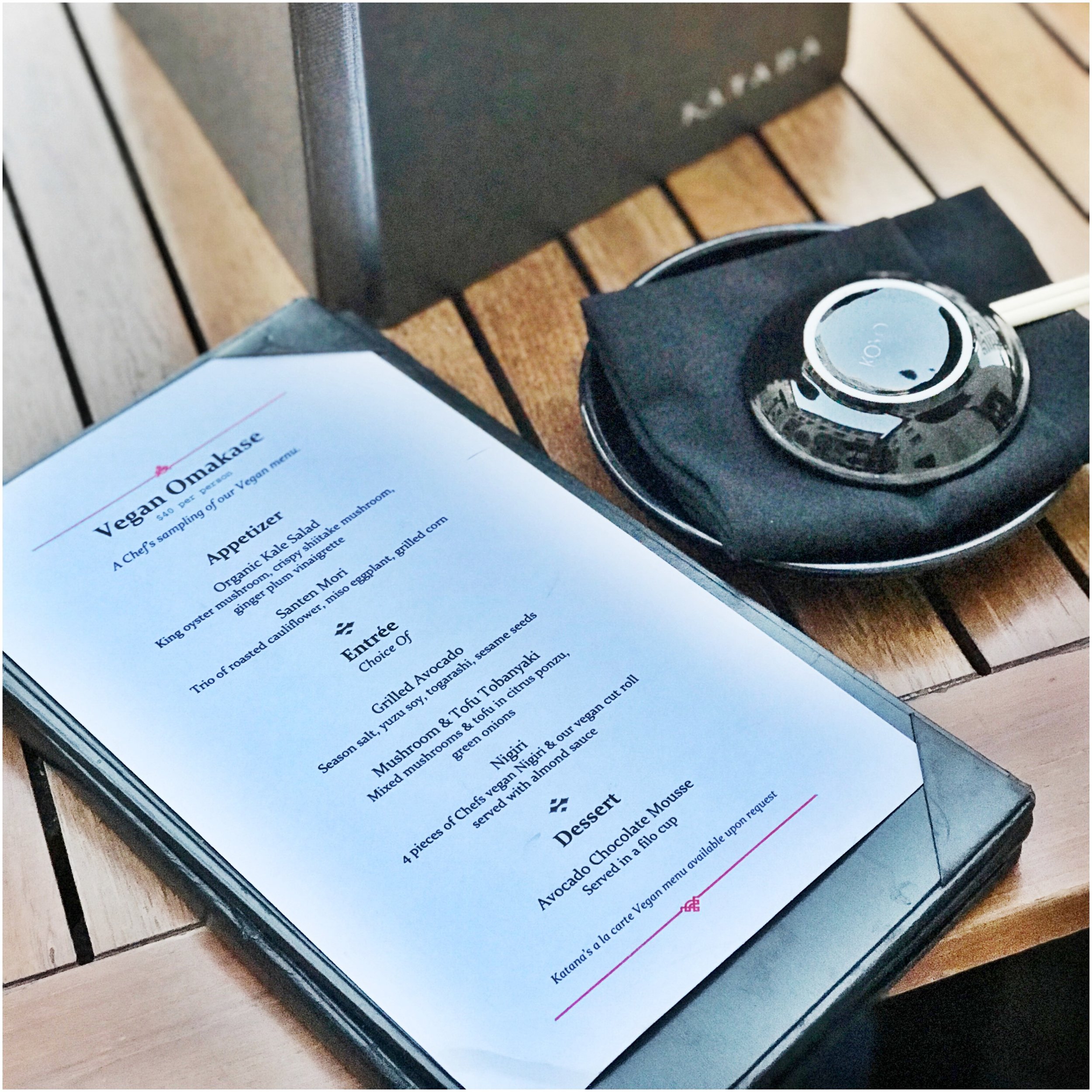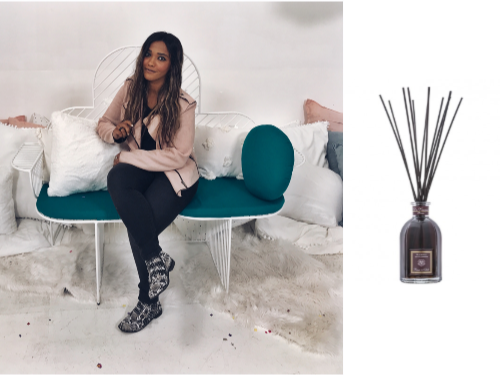Hi lovelies,
Looking at TV, you might think that drinking alcohol is just part of our activities of daily living. On daytime dramas, one participant in a conversation usually pours a drink for him-/herself, if not another for the other participant. All night life is depicted in bars, lounges, or at quiet, romantic tables-for-two with, of course, two cocktails present. Movies generally involve a lot of drinking. Even our language excuses the use of alcohol, e.g., “nightcap,” “toddy,” “ice-breaker.” A bottle of wine makes the perfect gift when invited to dinner or in the way lovers interact.
What Exactly Is the Problem?
The problem is that alcohol can be toxic, and it can lead to an alcohol addiction. You can drink too much both at one time (“binge” drinking) and over time. There is a toxicity that can emerge beyond a certain amount, but that varies. The National Institute on Alcohol Abuse and Alcoholism (NIAA) has made guidelines based on what it called the “alcoholic drink-equivalent,” which you can think of as the “exchange currency” of drinking.
The alcohol drink-equivalent that is used to compare all other alcoholic beverages is 14 grams (3/5 ounces of pure alcohol):
12 ounces of 5% alcohol (a regular beer),
5 ounces of wine (12%), or
1.5 ounces of 80-proof liquor; and
varying amounts of mixed beverages (e.g., margarita, mimosa, etc).
Reasons to Cut Back: Your Quality of Life
For those in good health, the NIAA recommends that moderation confine you to two drinks (or fewer) per day for men and one drink (or less) a day for non-pregnant women, taking into consideration metabolism, fat distribution, and lifestyle gender differences.
Here’s something disturbing: there may be no actual safe amount (certainly true in pregnancy). The NIAA guidelines, however, suggest that going beyond them certainly puts your health—and even your life—in danger.
Here’s to Better Health and to a Happy Life
Studies have demonstrated that a person’s self-reported health was best among subjects who consumed 1-2 or less drinks per day. The “self-reported” health aspect may not be actual health, but how one perceives his or her health. Therefore, it isn’t some objective score like your height or weight, but is all about one’s subjective feelings of well-being, attitude, and sense of participation in life, which directly impacts one’s happiness socially, professionally, and in relationships. While the concept of happiness may not be scientific, the data on those who feel happy, compared to those who don’t, is. And with less drinking, the science is just happier.
While it is tempting to stop listing reasons to cut back right here (happiness in life is the ideal in life, right?), this blog would be incomplete if I didn’t give you other reasons. 5 come to mind:
Here’s to avoiding disability.
We all want to stay active, strong, and vibrant as long as we can. It has been proven that alcohol use is a leading cause of disability, especially in our later years when we should be enjoying the fruits of our earlier, productive years. In fact, the amount of alcohol use—the amount that lowers your risk of lifetime disability the most—is zero!
Here’s to a long life.
Signs of alcoholism include illnesses commonly associated with the unhealthy consumption of alcohol and alcoholism, make it likely your time will run out before expected, are high blood pressure, heart disease, liver disease, pancreatitis, infections, and cancers.
Here’s to a mentally stable life.
Mental changes associated with excess alcohol include depression, anxiety, PTSD, sleep disturbances, and gateways into other substance abuse disorders.
Here’s to a productive life.
Studies have found that a higher consumption of alcohol causes an increased risk of unemployment, since workplace performance is reduced and absenteeism is increased. For those who are watching the bottom line of their businesses, that is a really bad combination. Everyone is replaceable, so cutting back on drinking will make this less likely.
Here’s to your love life.
On drinking, Shakespeare wrote, “it provokes the desire, but it takes away the performance.” Excessive alcohol effects erectile function and vaginal secretions, stamina, libido in general, and even jeopardizes “the mood” when something careless is uttered or done. The fact is, nothing sabotages the charm of normal sexual interaction like being inebriated. Sexiness is inversely proportional to the amount you drink.
I think that life, death, disease, employment, mental health, and love cover all the important bases, don’t you? You could probably think of dozens of other reasons to cut back on drinking, as it applies to you, but these 5 should give you a starting point that logically says you need go no further.




